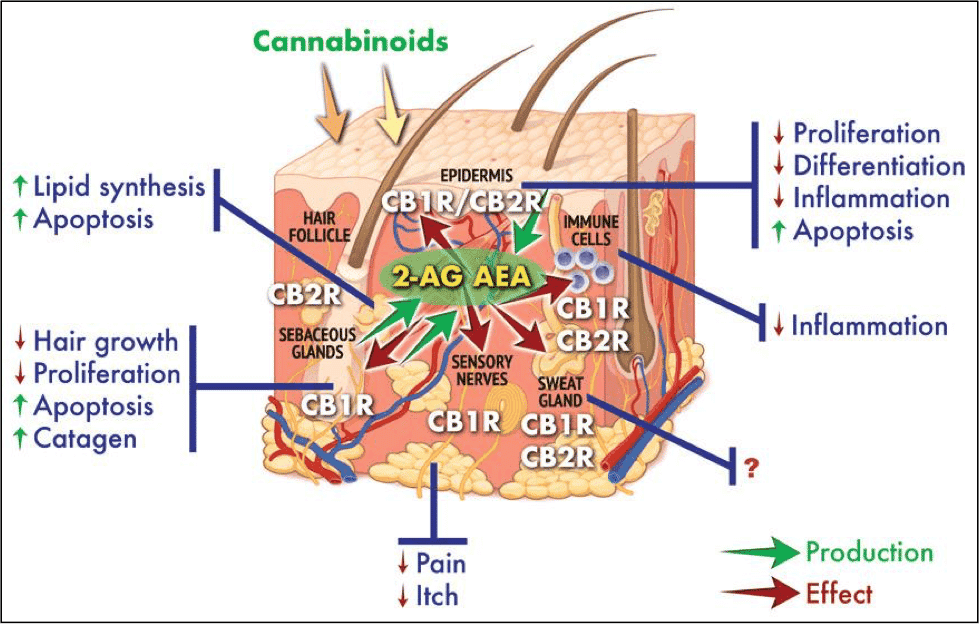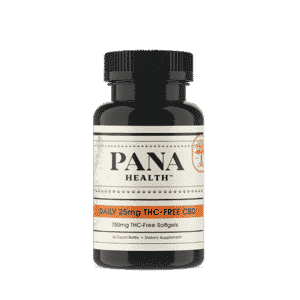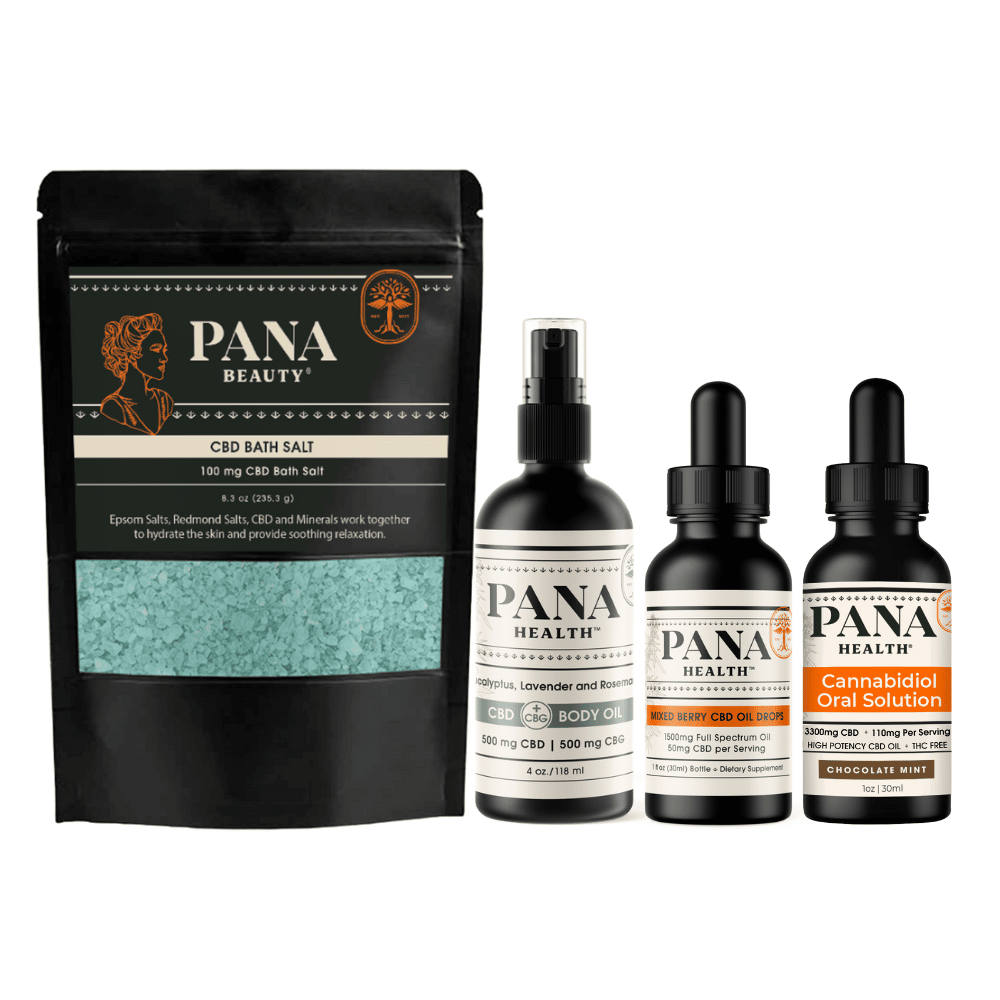What is CBD?
CBD is the shortened term for cannabidiol, which is a significant phytocannabinoid found in the Cannabis plant that is known to help the body and the brain in various ways. Derived from Hemp or Marijuana, CBD contains no THC. This means that CBD oil doesn’t get you “high” or “buzzed” in any capacity as Marijuana extracts do.
You can get all the advantages of therapeutic weed from CBD without actually consuming a substance that has psychoactive properties. This is one of many reasons CBD products are rapidly hitting the market, making CBD oil one of the fastest developing products and enterprises today.
How does CBD work?
The human body contains a vast system of receptors, and many are specific for endocannabinoids. Your endocannabinoid system is vital for keeping up general well-being, aiding emotional systems and responses, and regulating a large number of the body’s physical processes. Cannabinoids and CBD fit into these receptors throughout the human body. Cannabinoids communicate with your endocannabinoid framework, which enables your body to maintain a condition of parity and strength or homeostasis. This is why CBD oil can help with pain, memory, and other physiological processes.
Can CBD oil improve sleep?
Sleep is imperative, and we neglect it more than we should, in many cases through insomnia. Living in a perpetual sleepless state degrades a person’s general health and psychological capacity. It can lead to physical symptoms like a weakened immune system, weight gain, and even high blood pressure and heart disease. Mentally, lack of sleep can increase grumpiness, touchiness, gloom, absent-mindedness, and bring about poor concentration and reduced learning. This is where CBD can step in to help combat these mental and physical ailments.
It is widely accepted that CBD can help you get a decent night of restful sleep. Research published in 2019 investigated whether CBD could improve sleep and decrease uneasiness before bed. The research study included 72 subjects, with 47 subjects reporting that they experience nervousness and 25 reporting poor sleep patterns.
Subjects were given 25 mg of CBD every day during the study. In the very first month, 79.2 percent of the patients reported lowered levels of uneasiness, and 66.7 percent revealed they experienced better sleep. This is why you have to think about utilizing CBD for rest.

So, how can CBD help you sleep? Let’s discuss it!
Relief from PTSD
PTSD can cause sleep issues by interfering sleep patterns and produce incomplete REM sleep cycle issues. A breadth of research shows the viability of using CBD for sleep issues that are identified as symptoms of PTSD. CBD appears to help relieve the general psychological uneasiness and agitation associated with PTSD, which helps restore proper REM sleep.
Relief from somnolence
CBD’s sleep impact is based on endocannabinoid signaling. Because the endocannabinoid system helps regulate the body’s sleep and wake cycles, it promotes alertness during the daytime; and allows the body to unwind at night.
A sleep disorder, daytime languor, or drowsiness can affect both daytime productivity and the capacity to nod off around evening time. Using CBD during daytime hours improves alertness, which then prompts more tranquil sleep at night.
Decreased anxiety
Tension and stress are typical reasons for sleep deprivation. CBD is thought to reduce the release of cortisol, a pressure hormone responsible for our “fight or flight” adrenaline response. This means increases in cortisol can significantly affect non-REM sleep cycles. A sleep study found that CBD can relieve tension-related issues, such as anxiety, thus improving sleep quality.
Relaxed muscles
Studies show that CBD is a promising treatment for muscle development issues, diminishing tremors, and hypermobility in Parkinson’s patients. With CBD, sleep disorders in patients with development issues like Parkinson’s and Huntington’s can be decreased by lessening the frequency of muscle tremors.Any decrease in pain is also likely to help with muscle relaxation.
Decreases nightmares
Bad dreams can negatively affect sleep quality for some individuals. For the people who experience the ill effects of REM sleep behavior disorder (RBD), a great night of sleep is only a fantasy, set apart by fretfulness and bad dreams throughout the night. Patients treated with CBD experienced fewer RBD reactions and no adverse symptoms.
When to take CBD for sleep
Most CBD sleep users take CBD products roughly an hour before bedtime. However, some research recommends that also taking it during the day could advance improved sleep patterns. Cannabinoids like CBD balance the body’s endocannabinoid system, which is firmly connected to other fundamental capacities such as sleep cycles.
When taken before bed, you may reduce stress and tension that can cause poor sleep. Quieting your psyche can improve sleep quality and thus upgrade the body’s general recuperation and healing processes through improved quality of sleep.
Even if you don’t live with torment or tension, CBD can effectively focus your body’s sleep-wake cycle when used regularly.
Three ways to consume CBD for better sleep
1. CBD Sleep products
Panacea Life Sciences produces a CBD softgel product that is specifically designed for sleep.
2. CBD tea
Add CBD-infused honey to a nighttime cup of warm tea. This is easily prepared by combining your ideal amount of CBD oil in honey with your evening tea.
3. CBD bites
Need a midnight snack because you can’t sleep? Nibble on an edible CBD of your choice for some regular evening pressure relief after an insane day. CBD edibles come in many different forms, including gummies, baked goods, and no-bake treats.
Final verdict
CBD is an excellent source of relief for many sleep ailments, and some people have been able to use it instead of pharmaceutical medicines. That being said, you should always check with your primary care physician before use, especially if you’re taking other medication for sleep. CBD is an incredibly powerful and helpful product.















